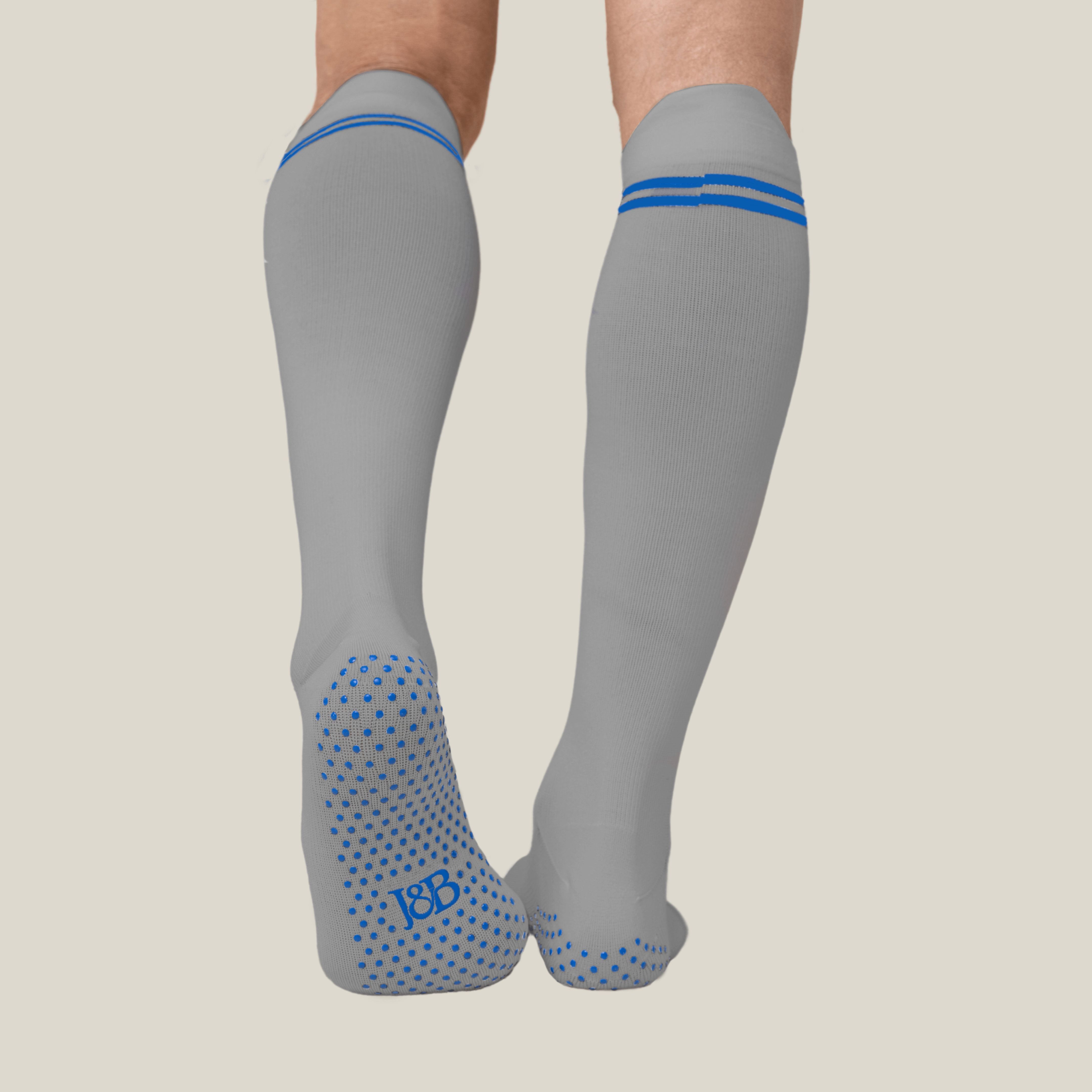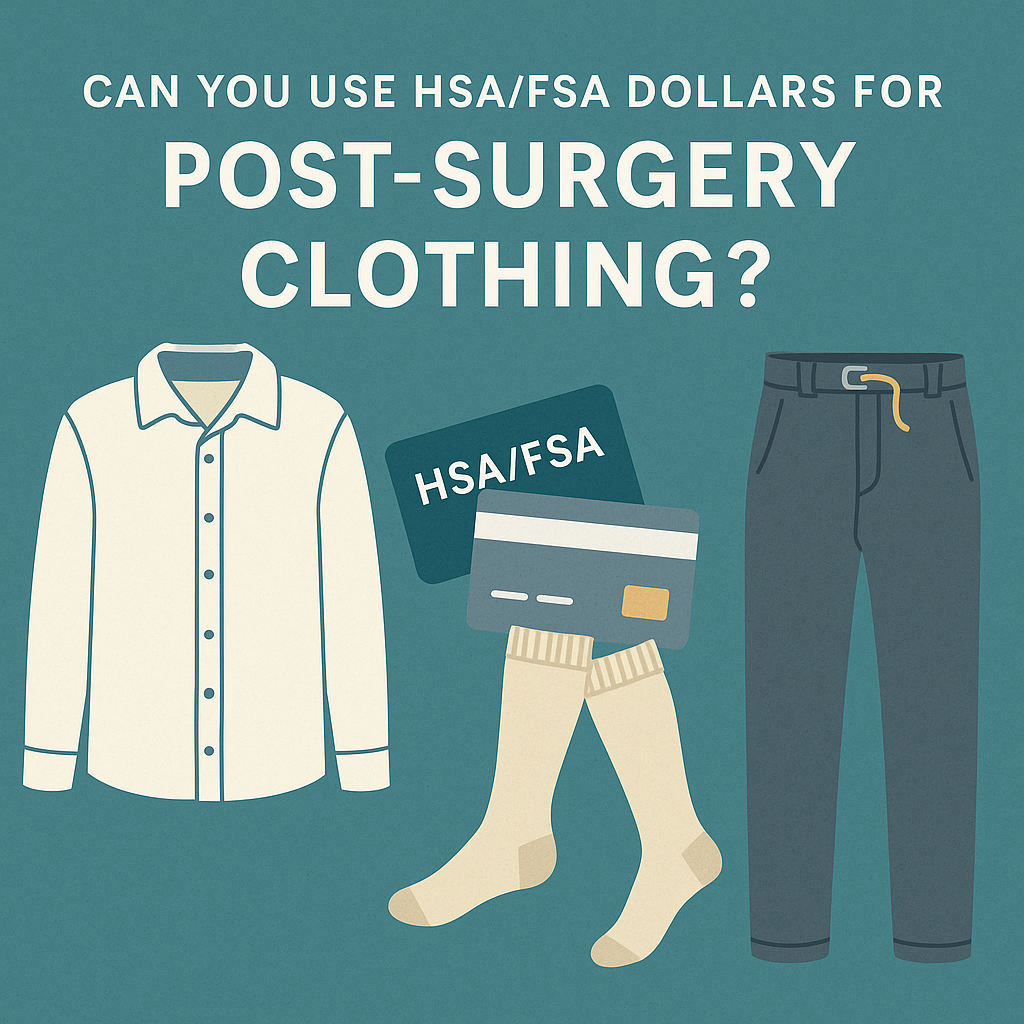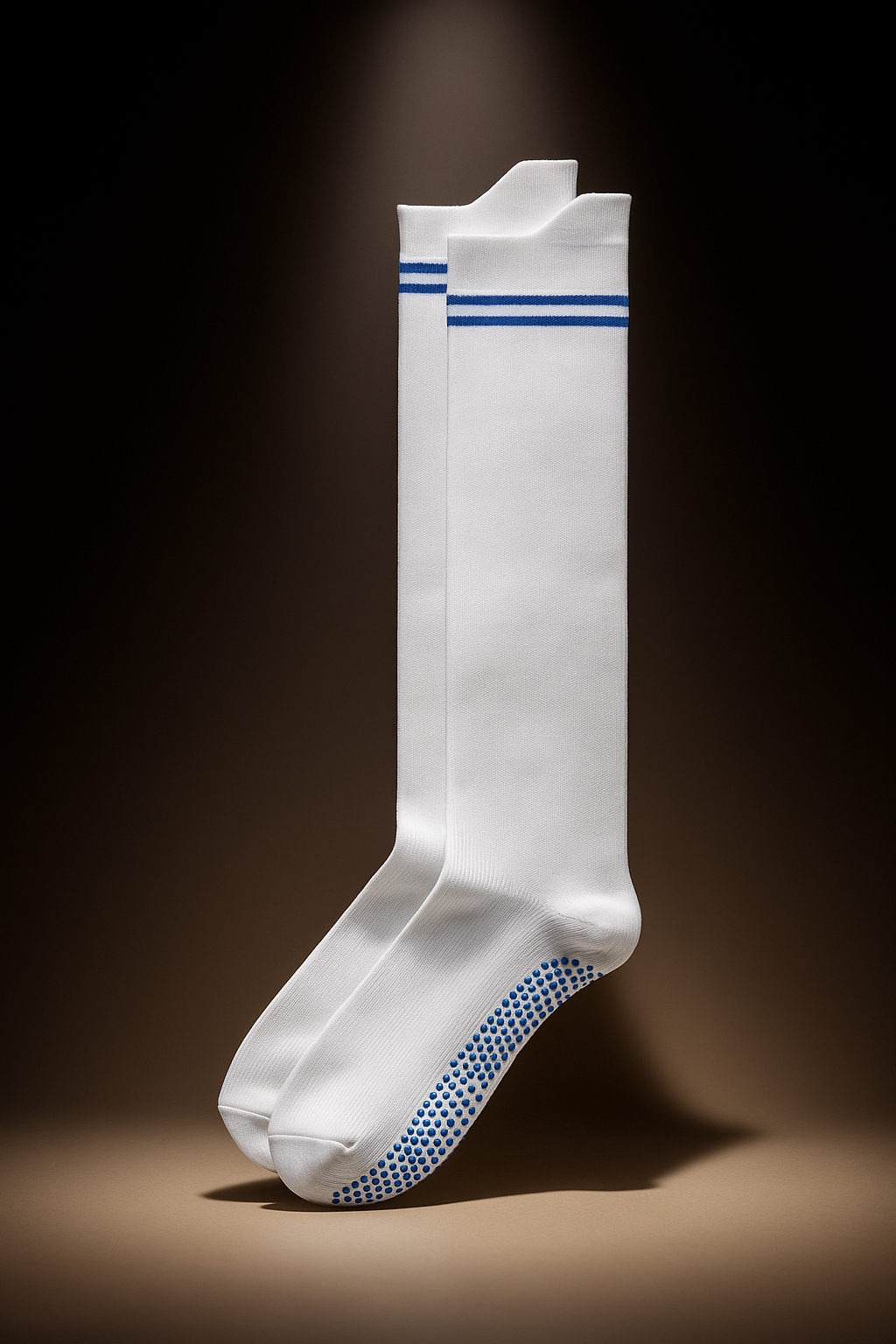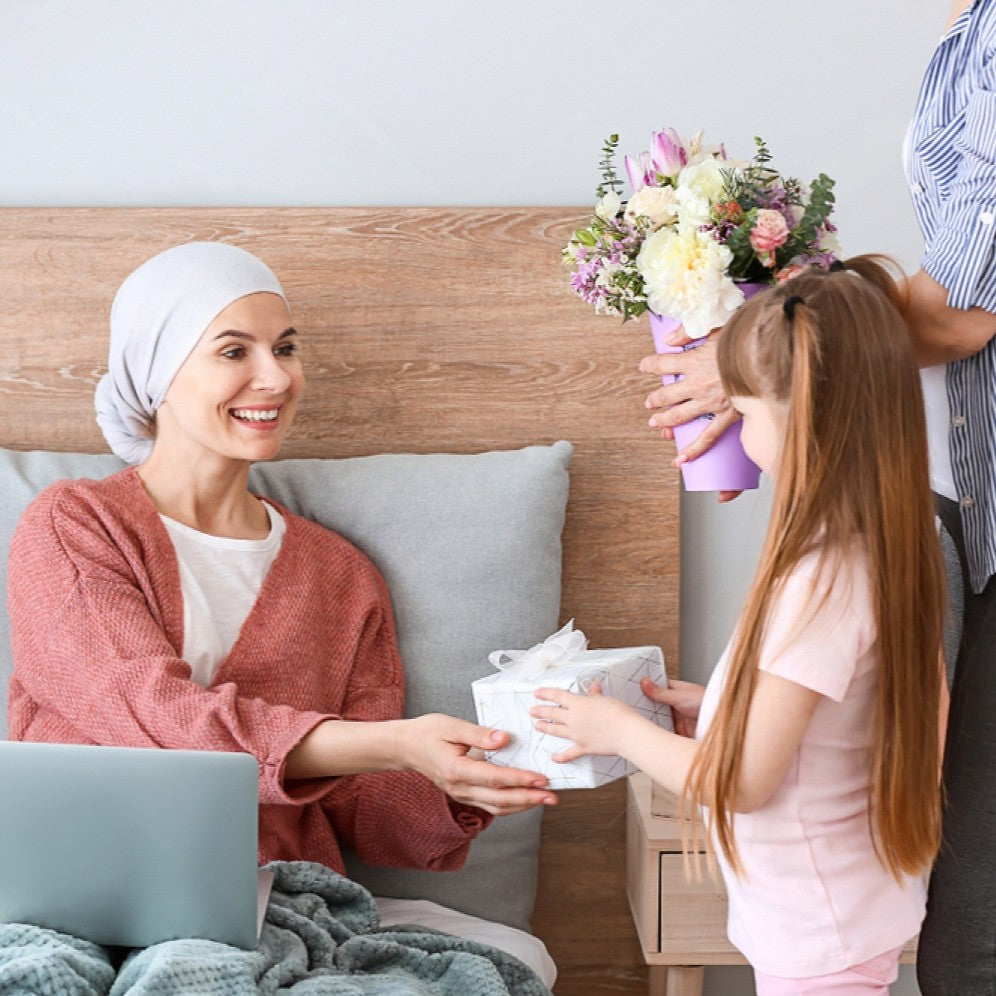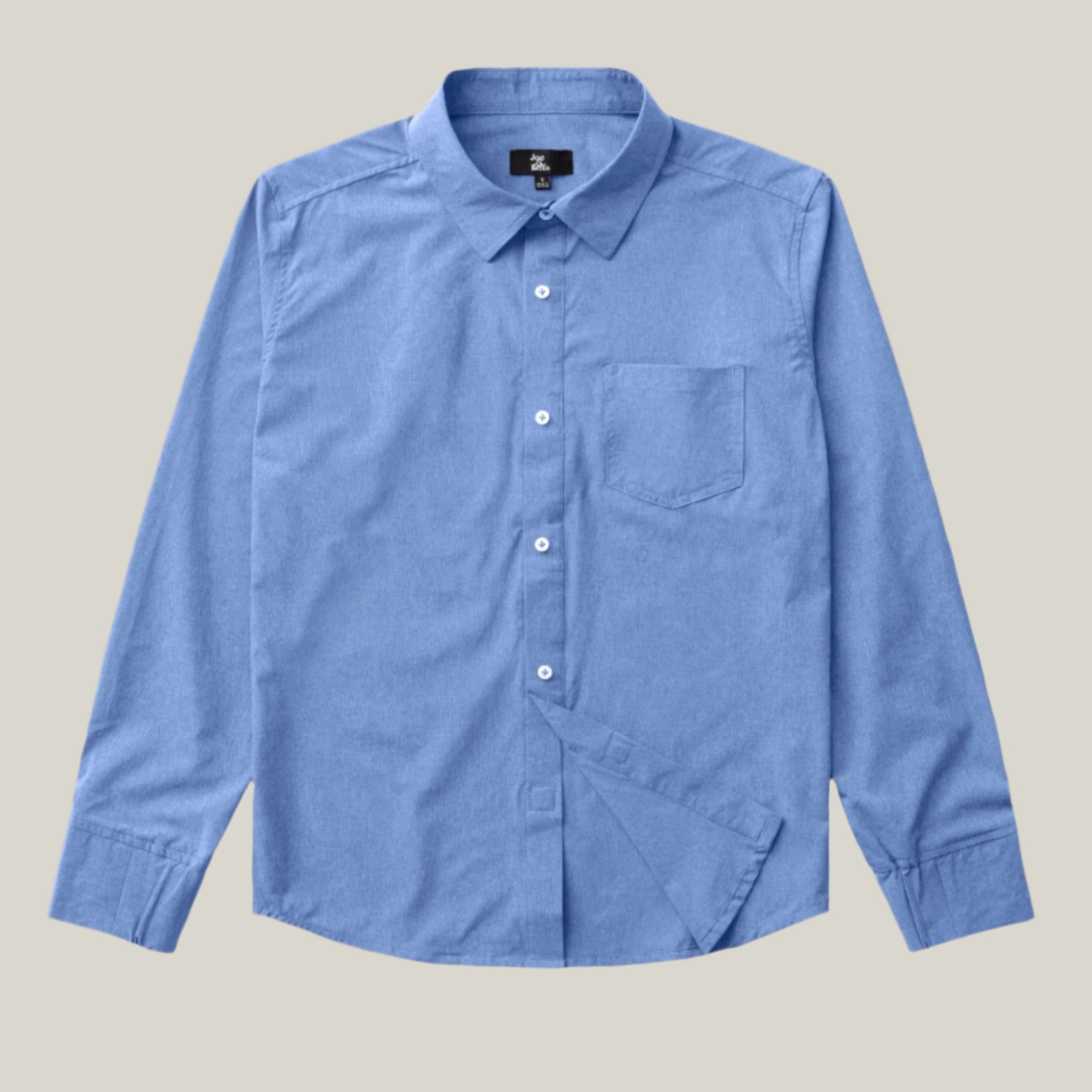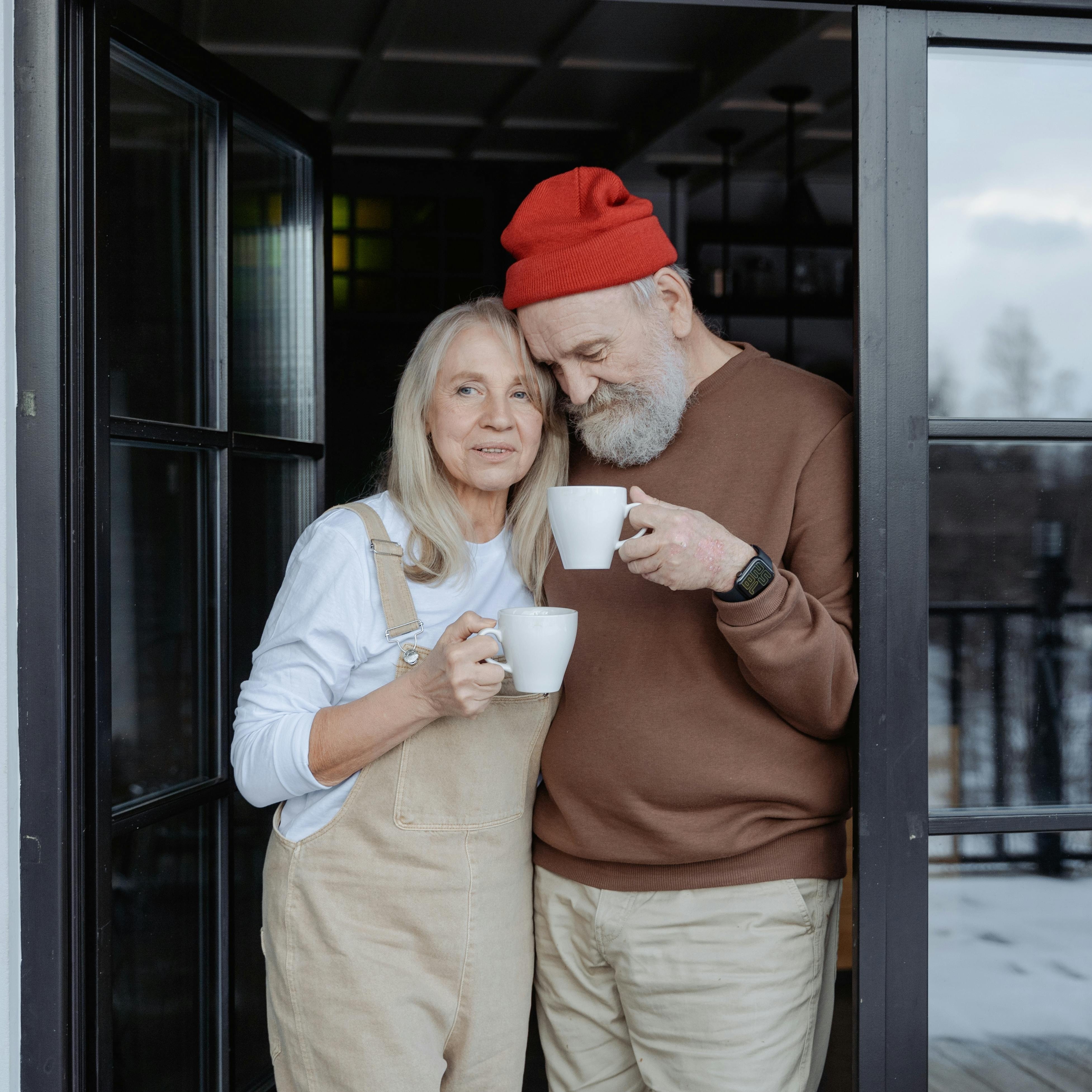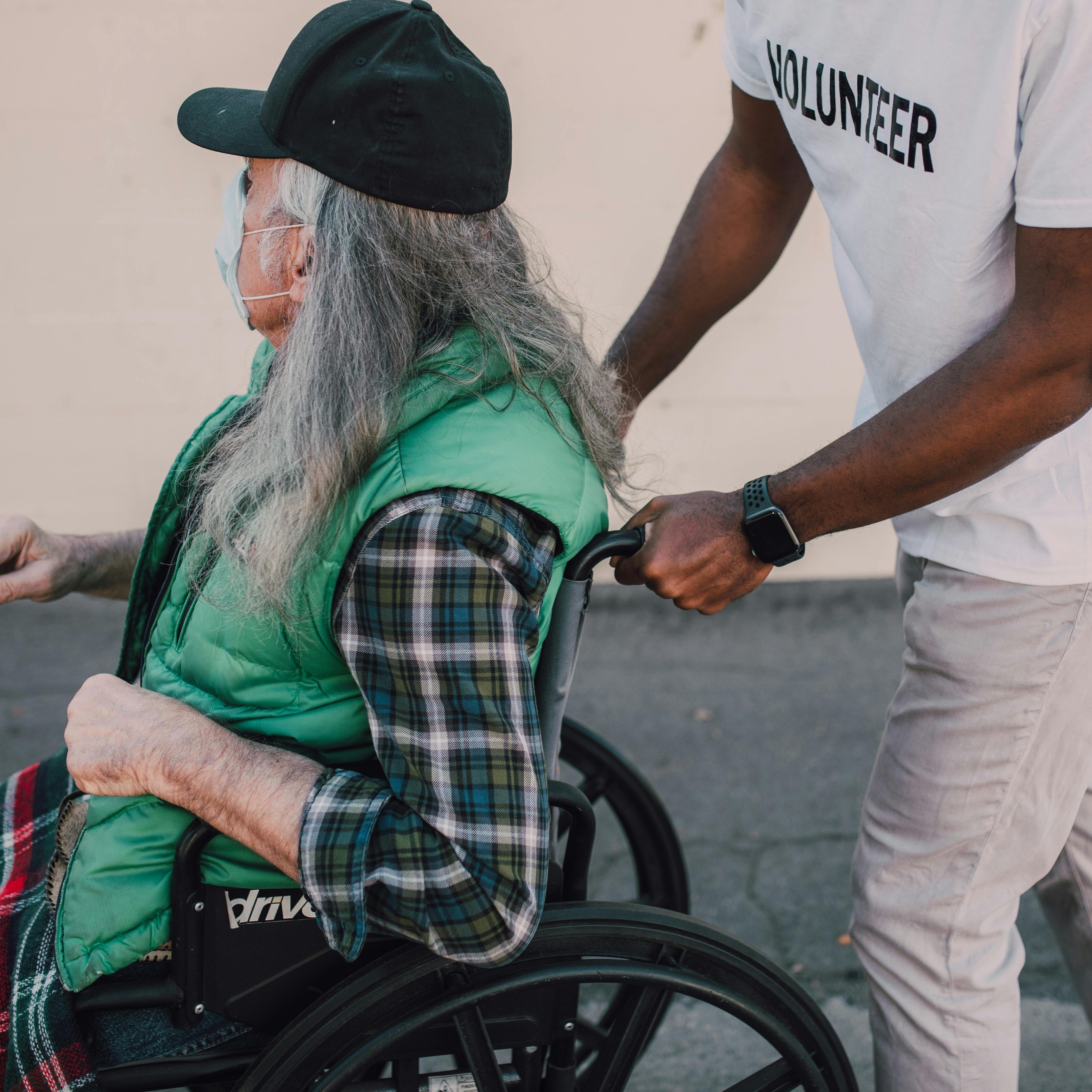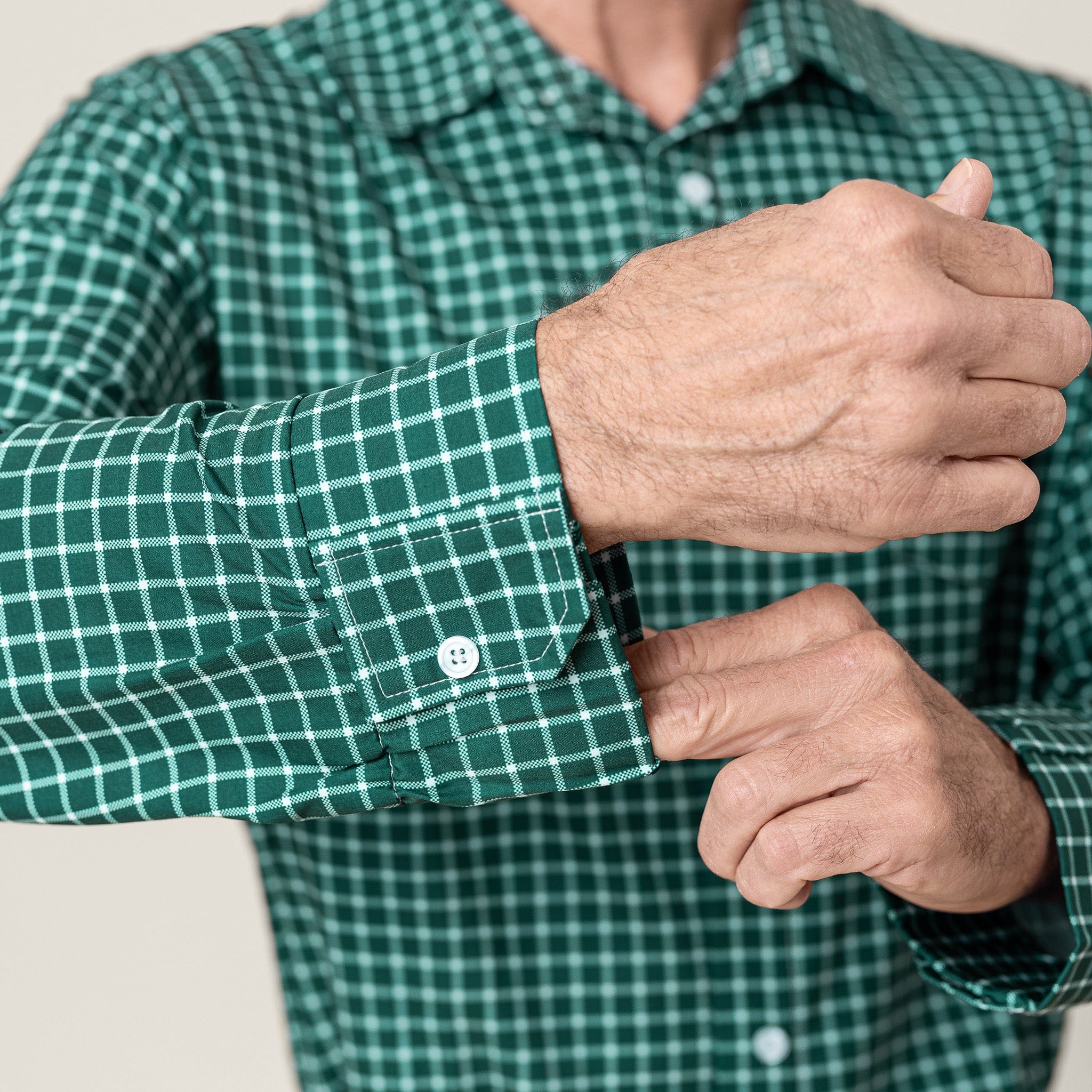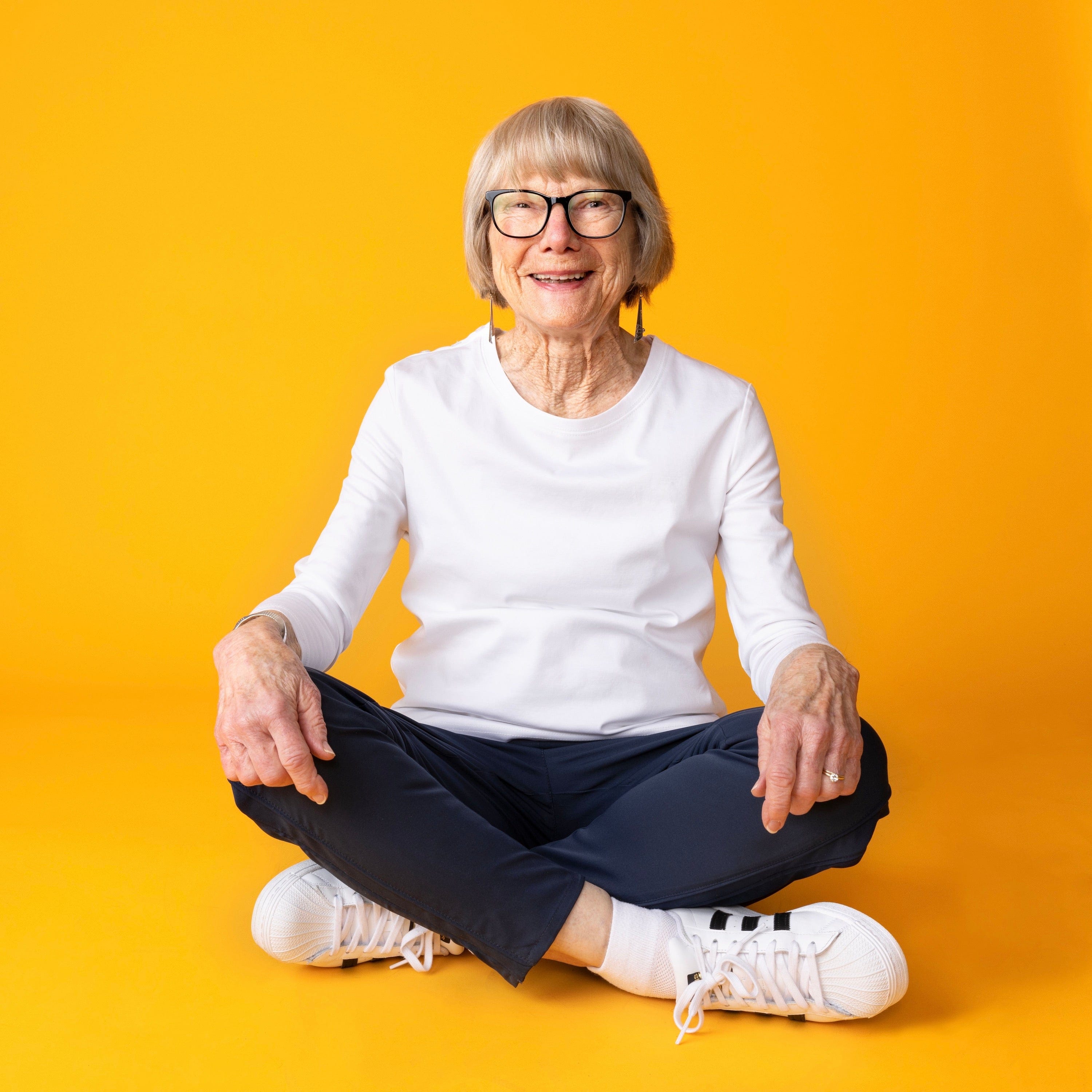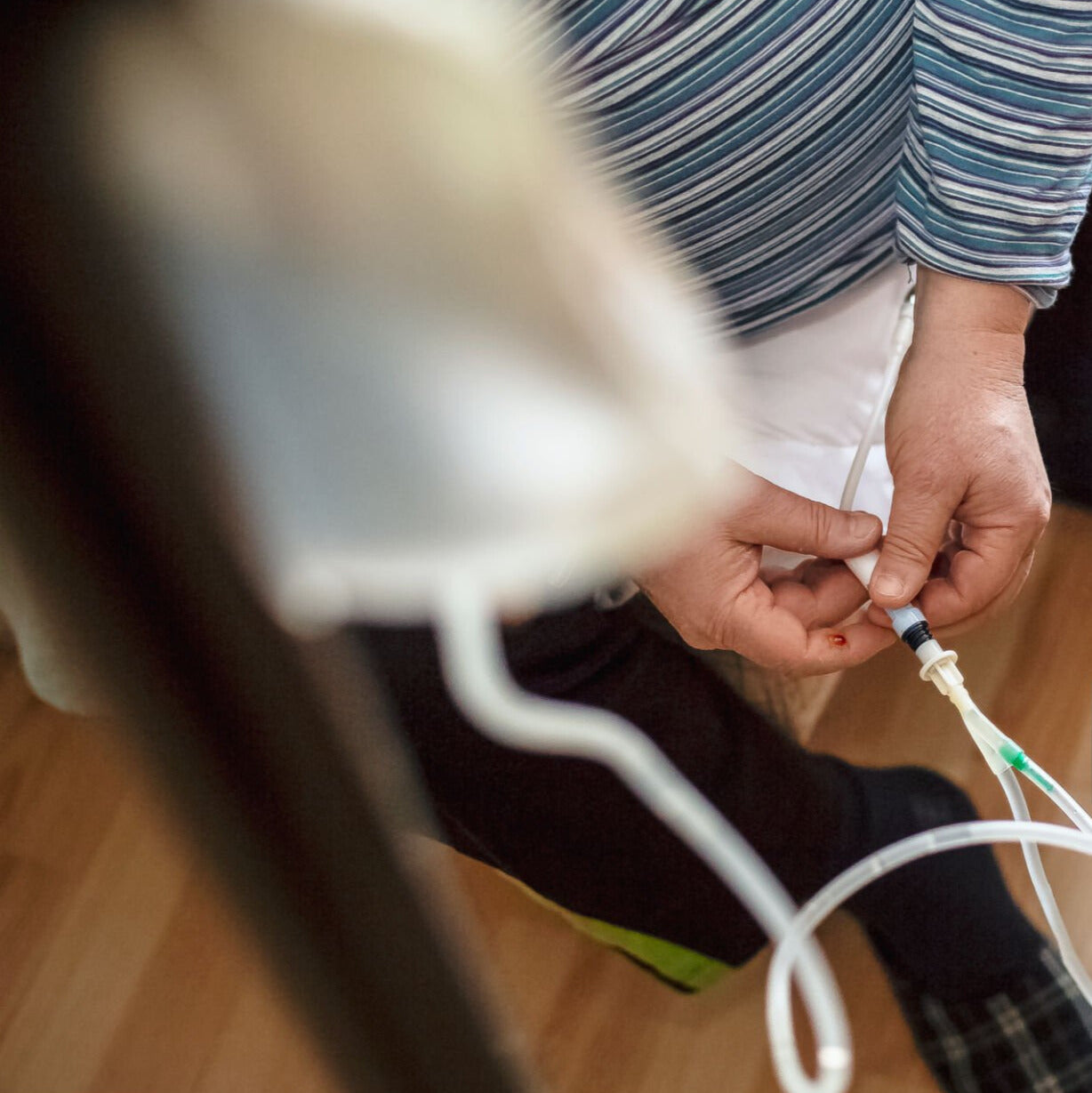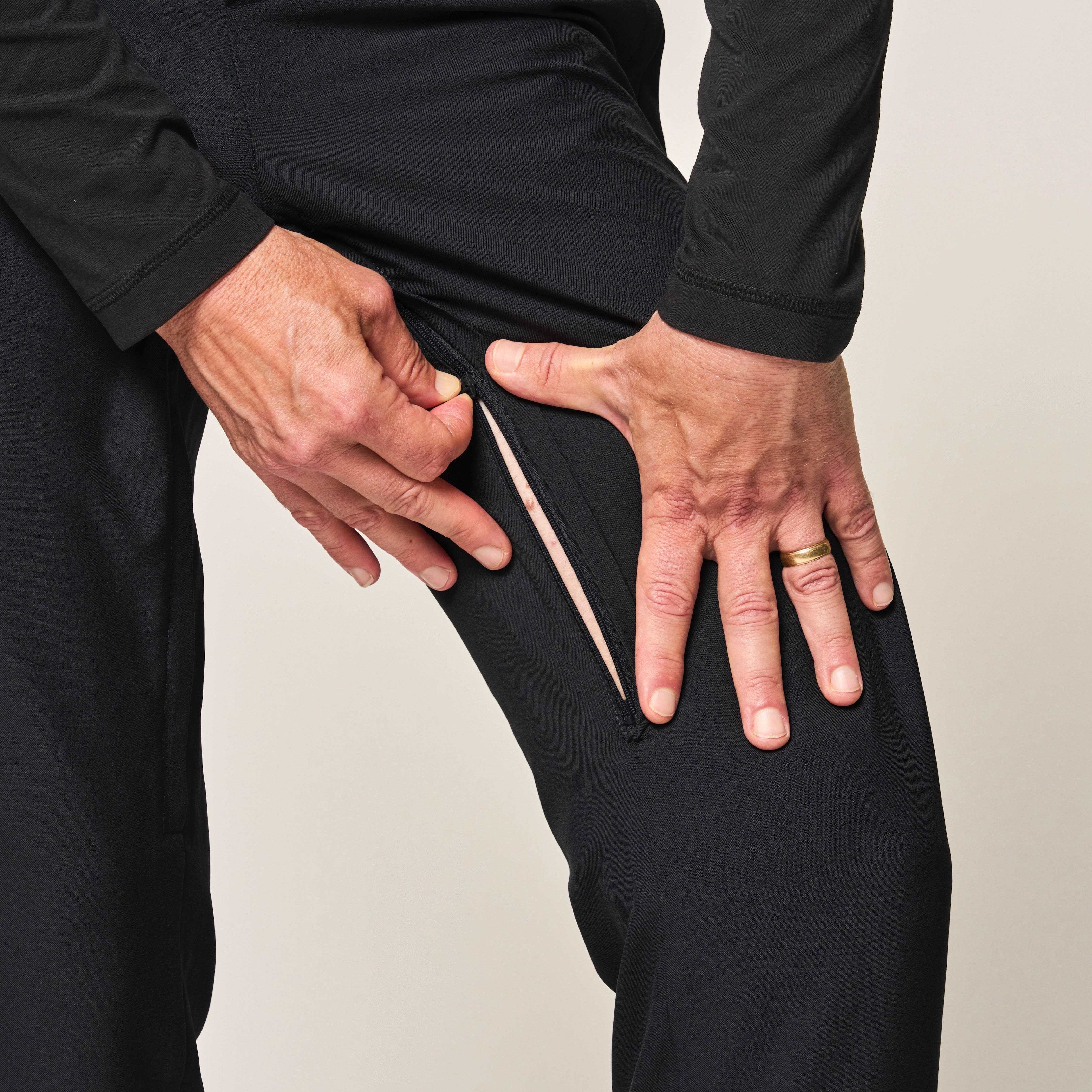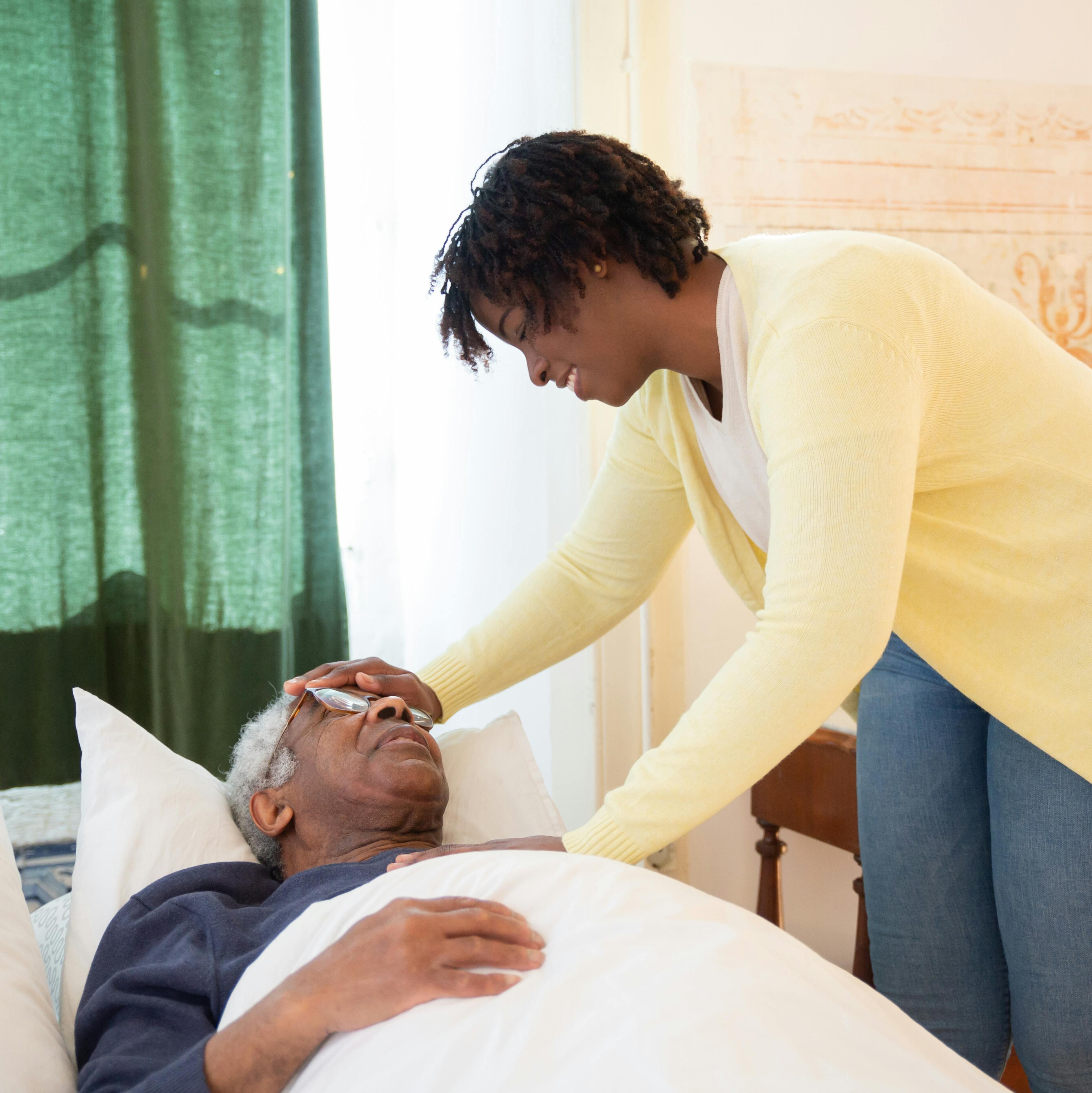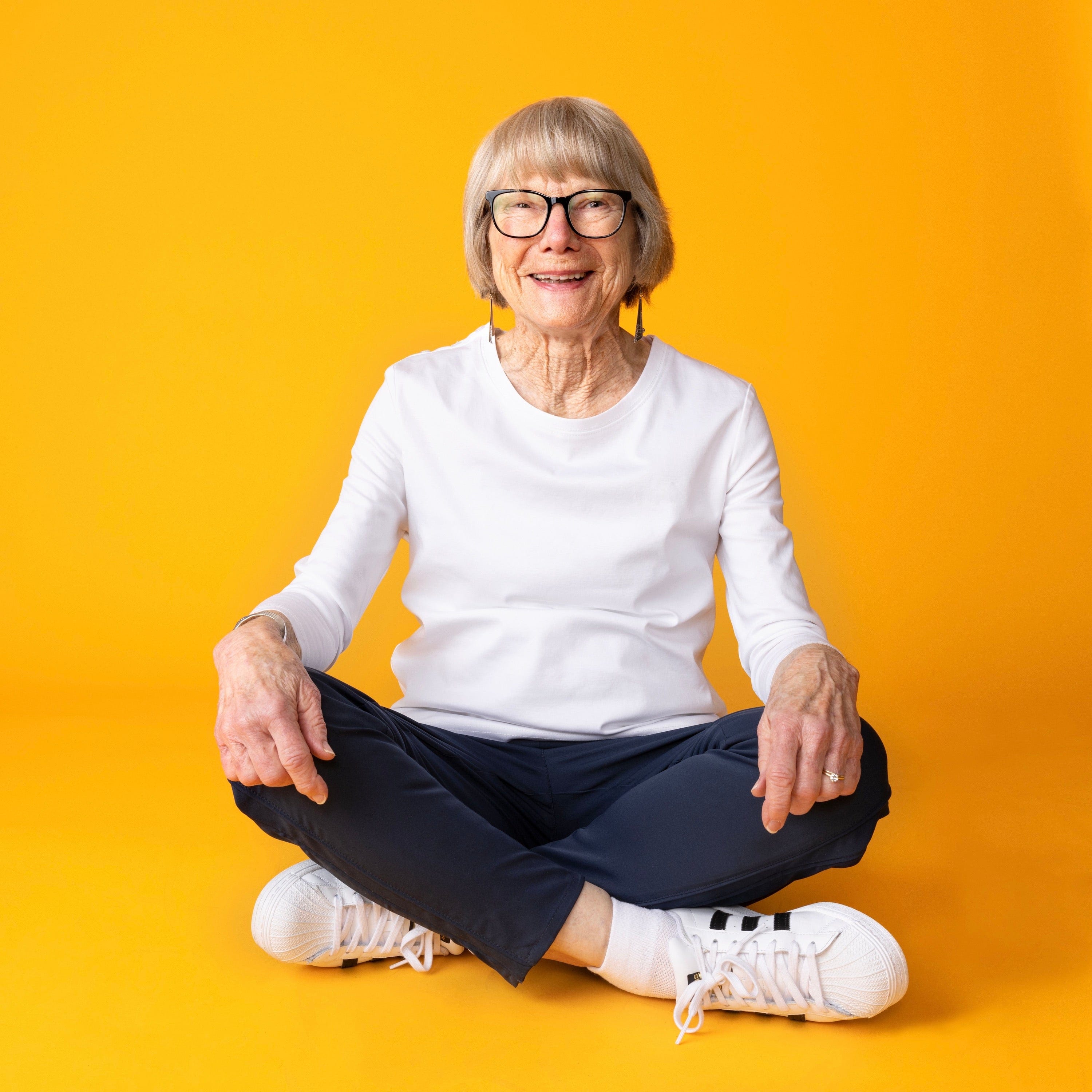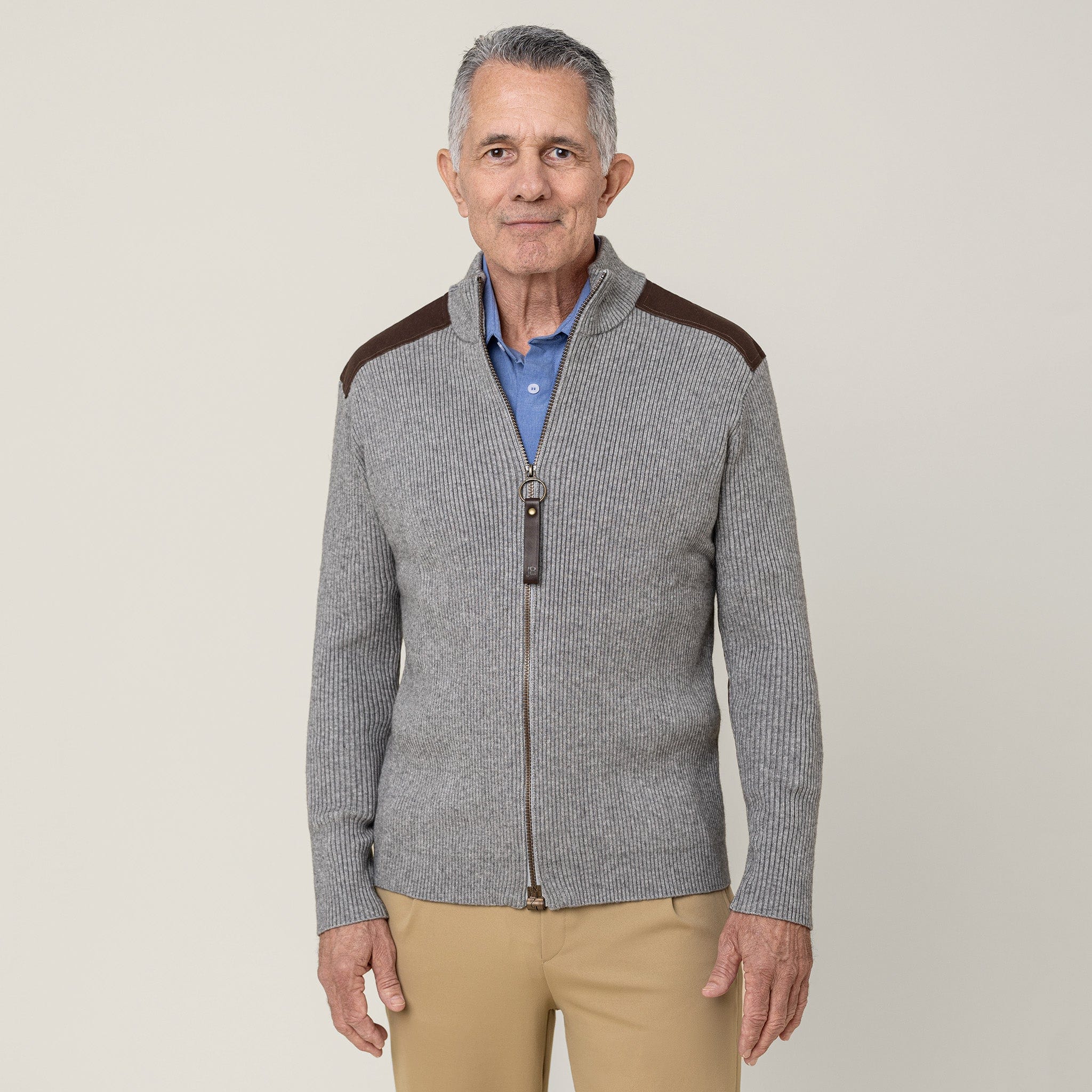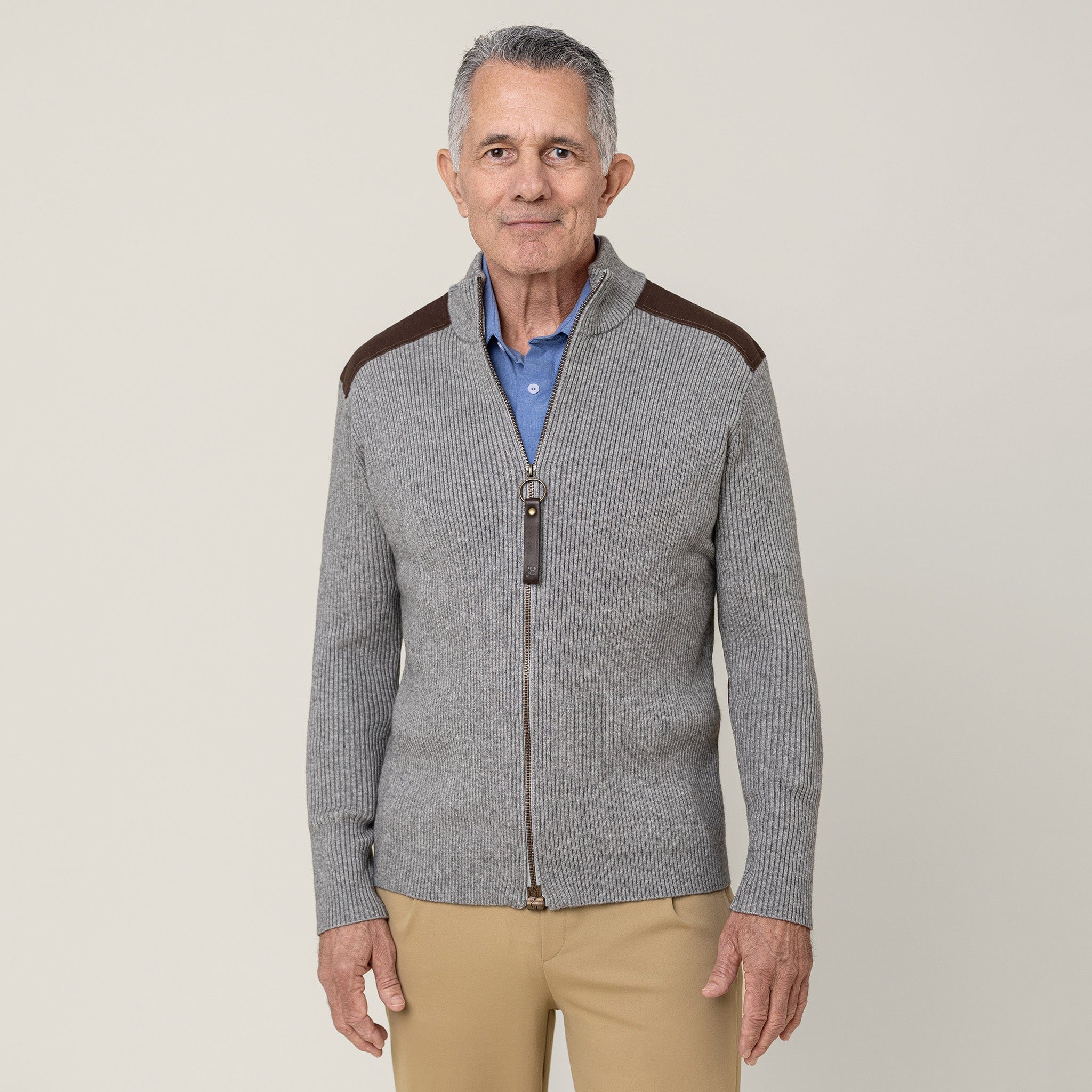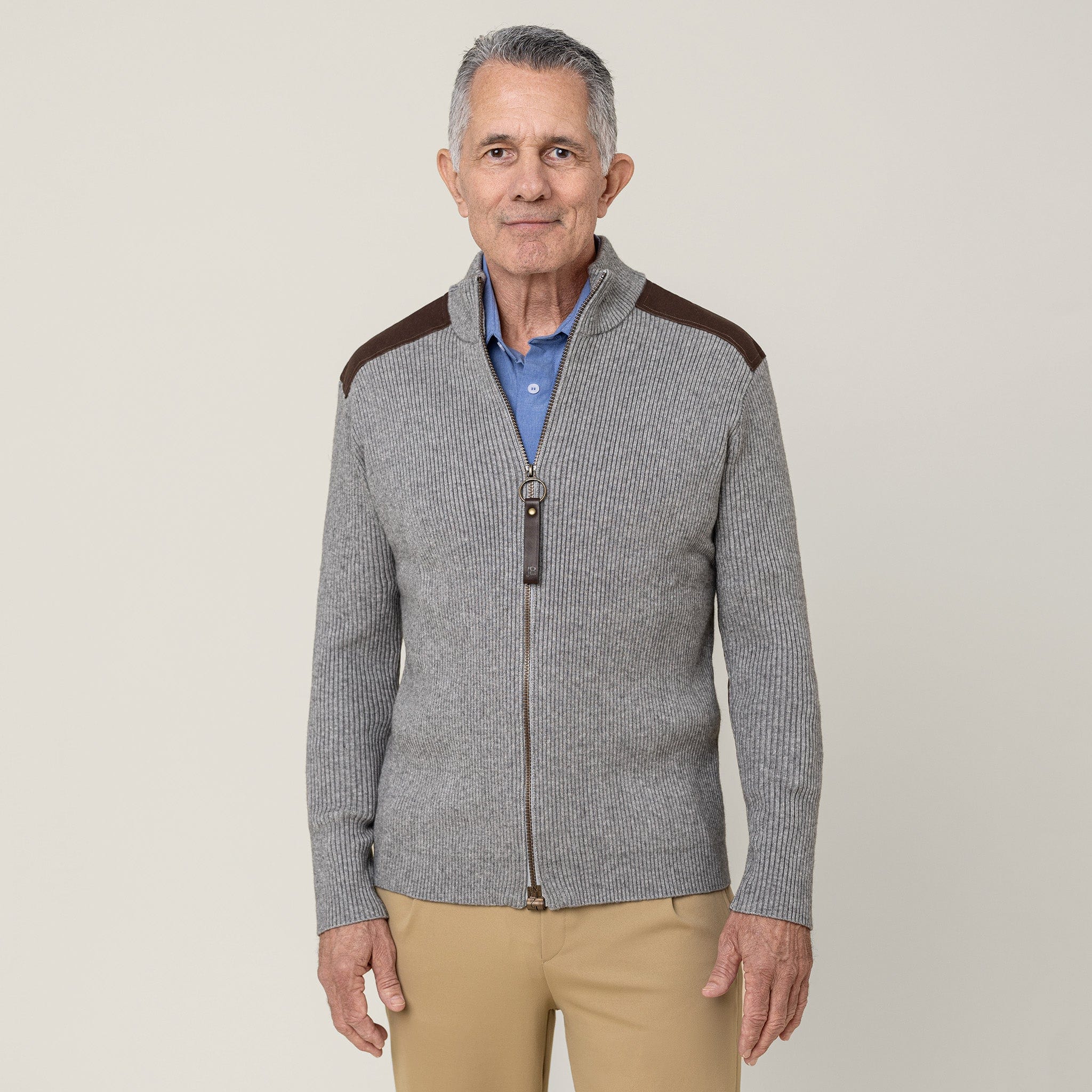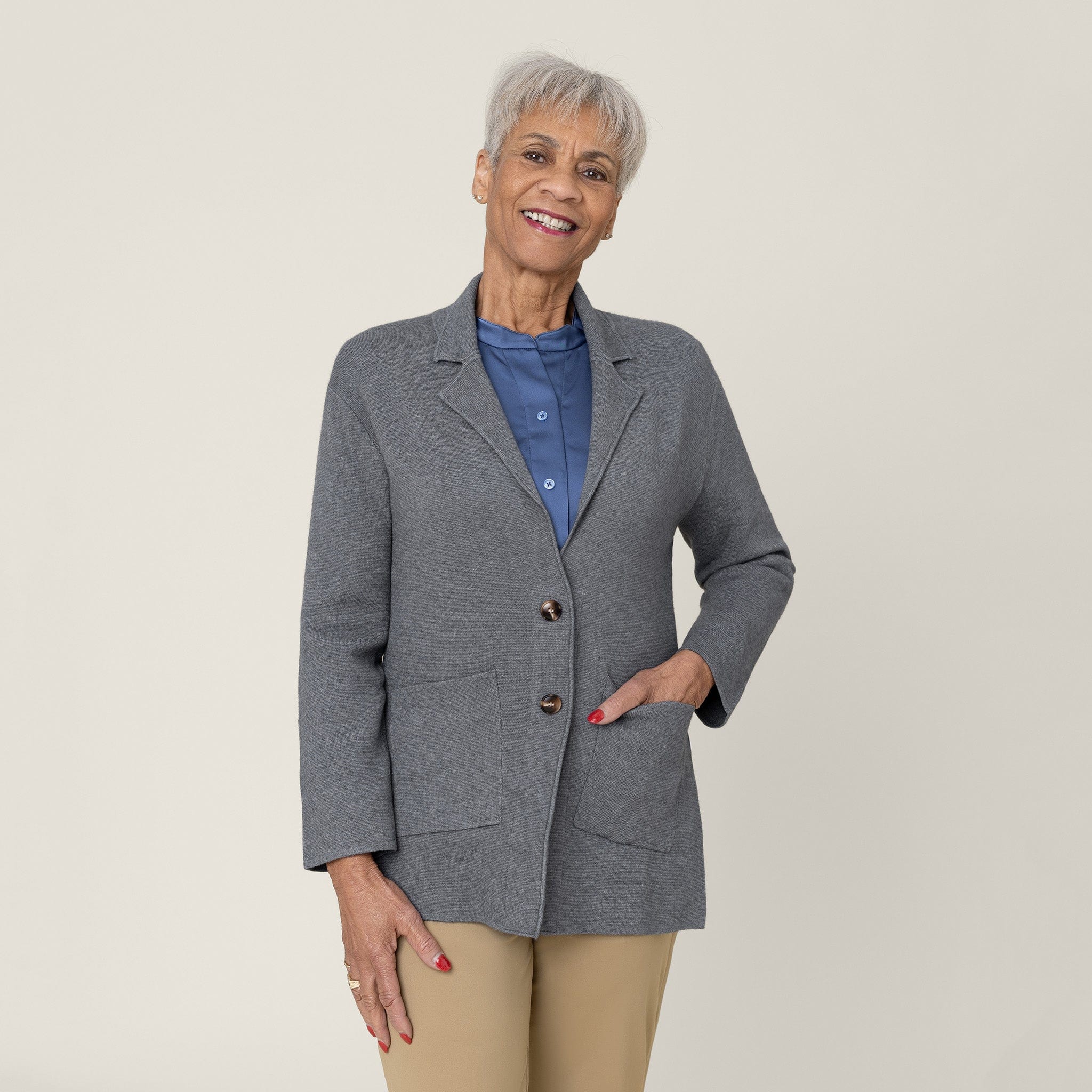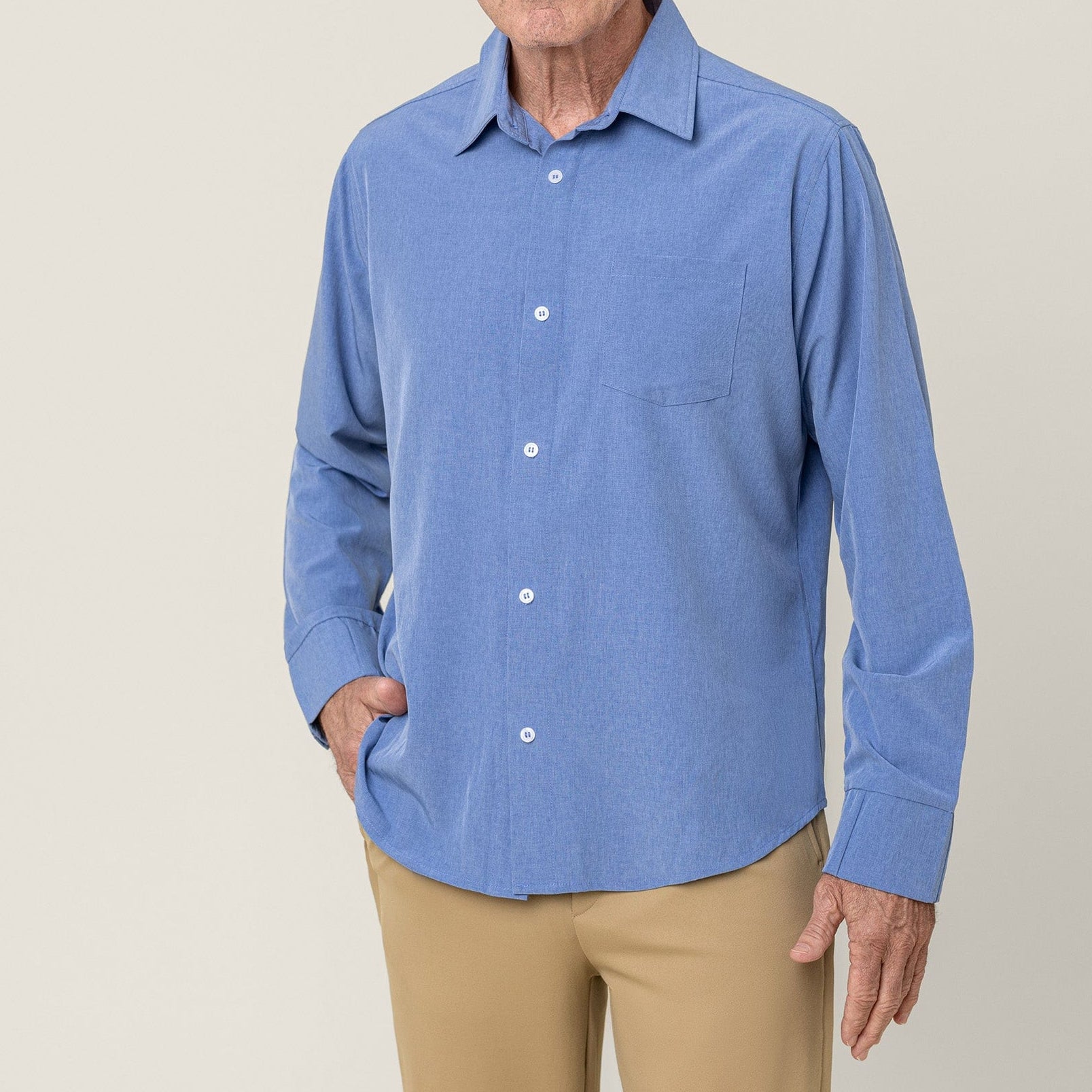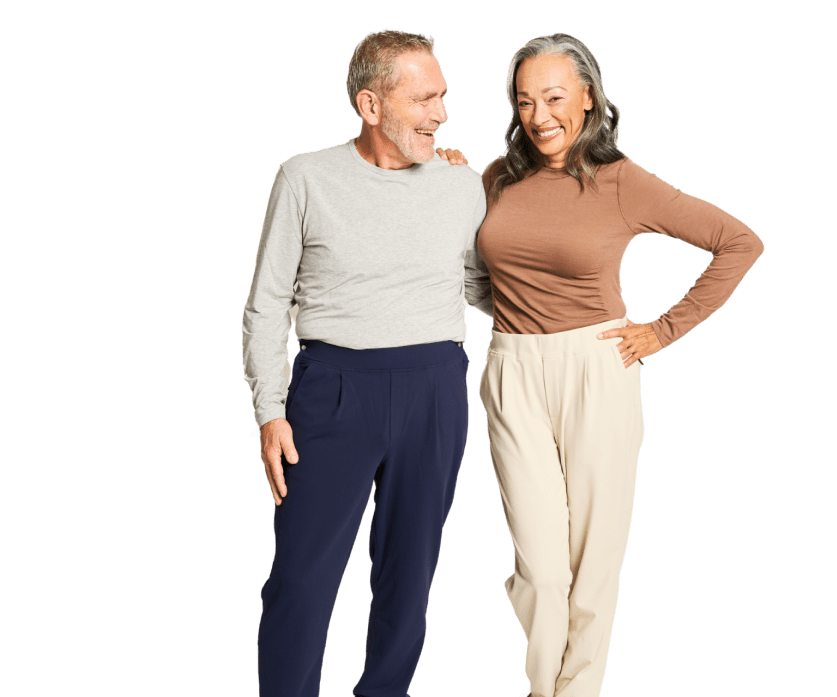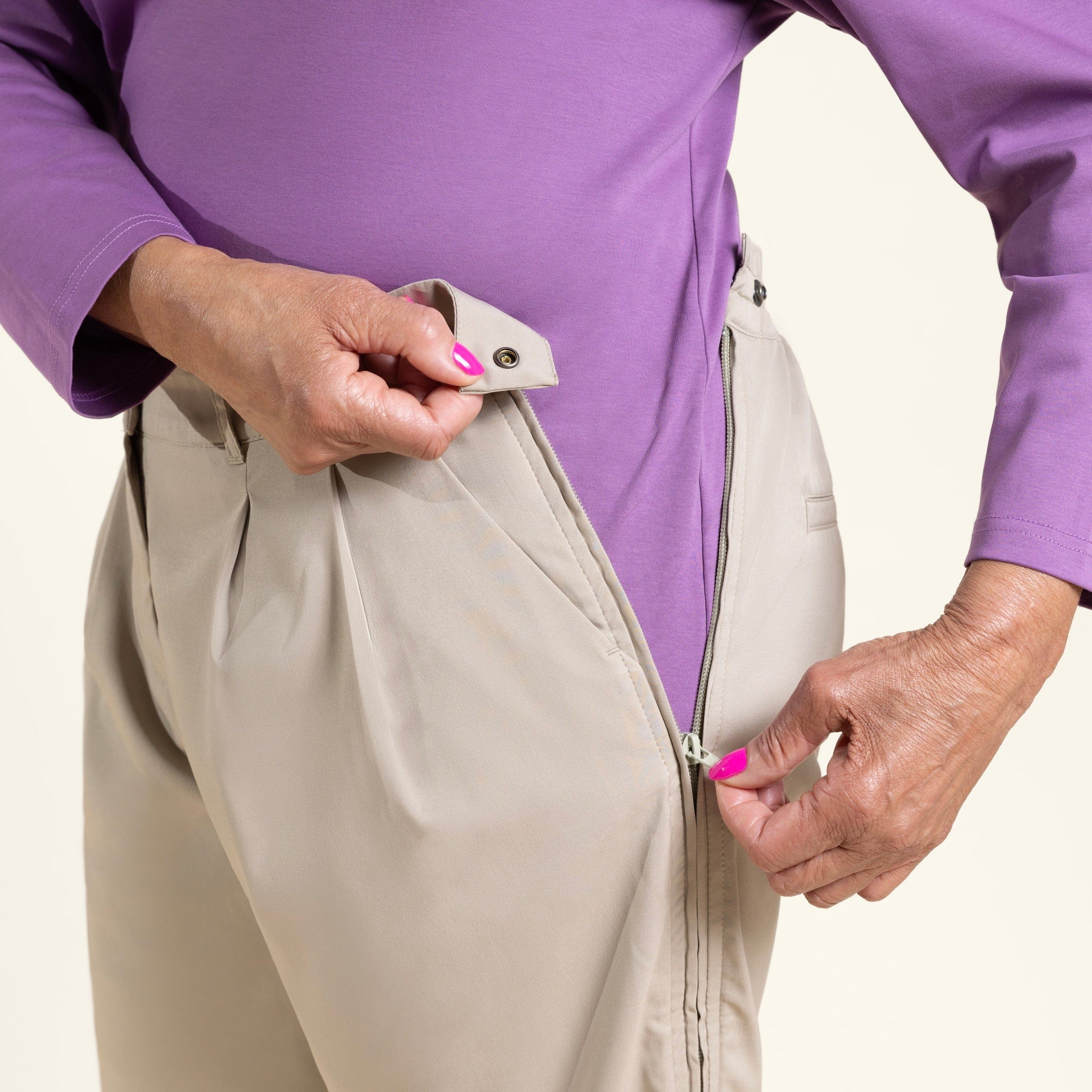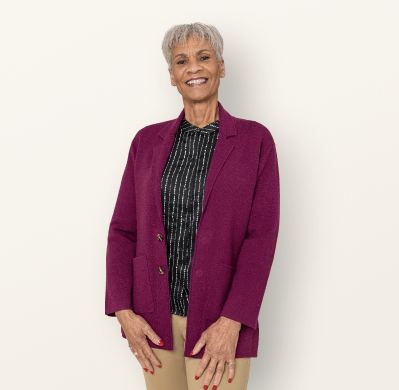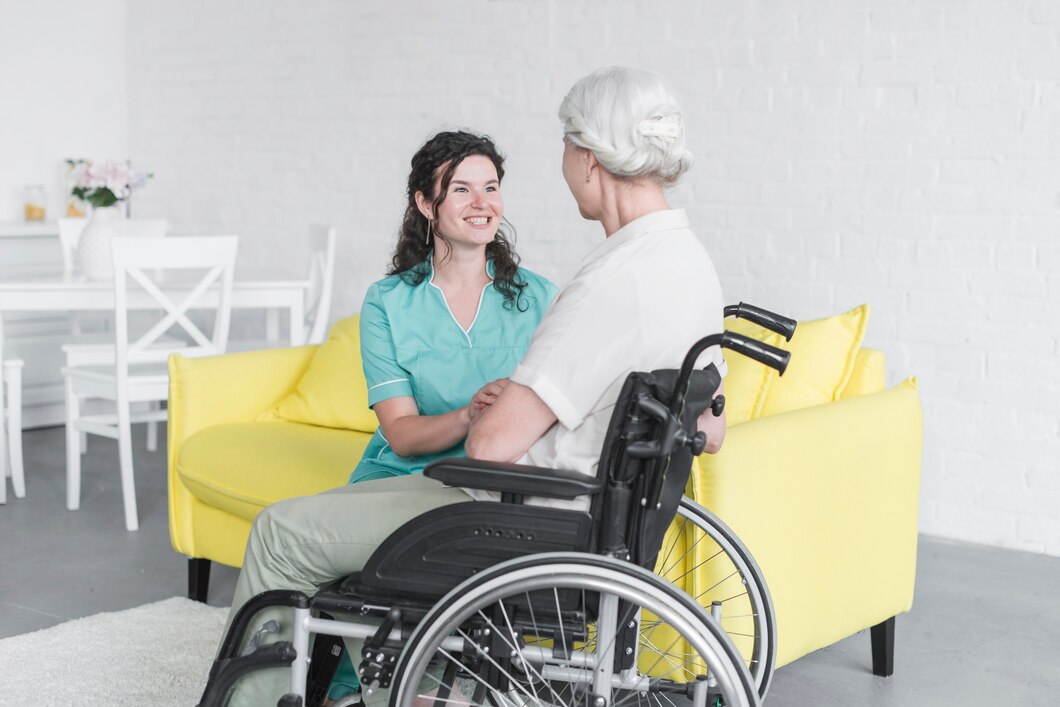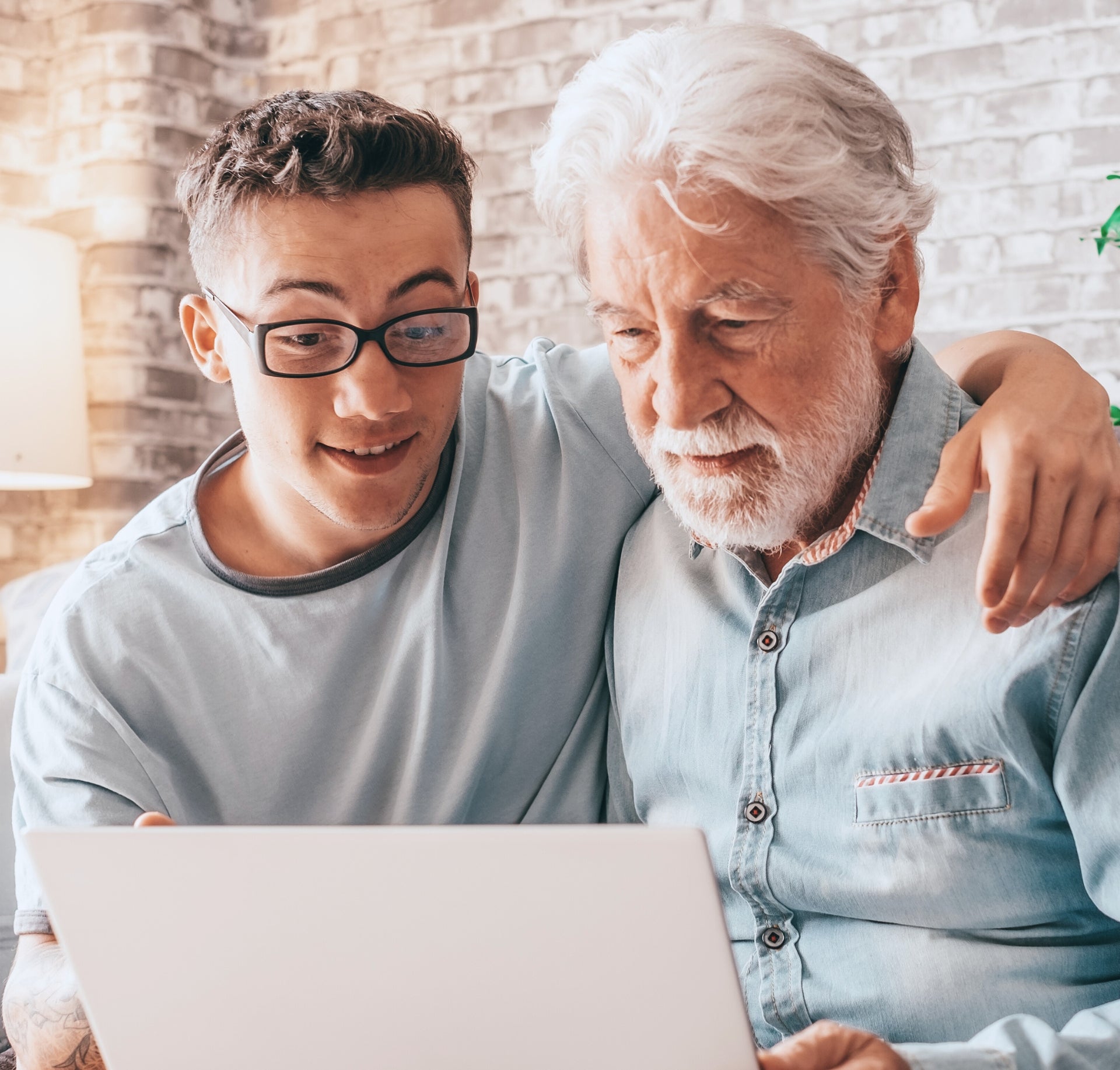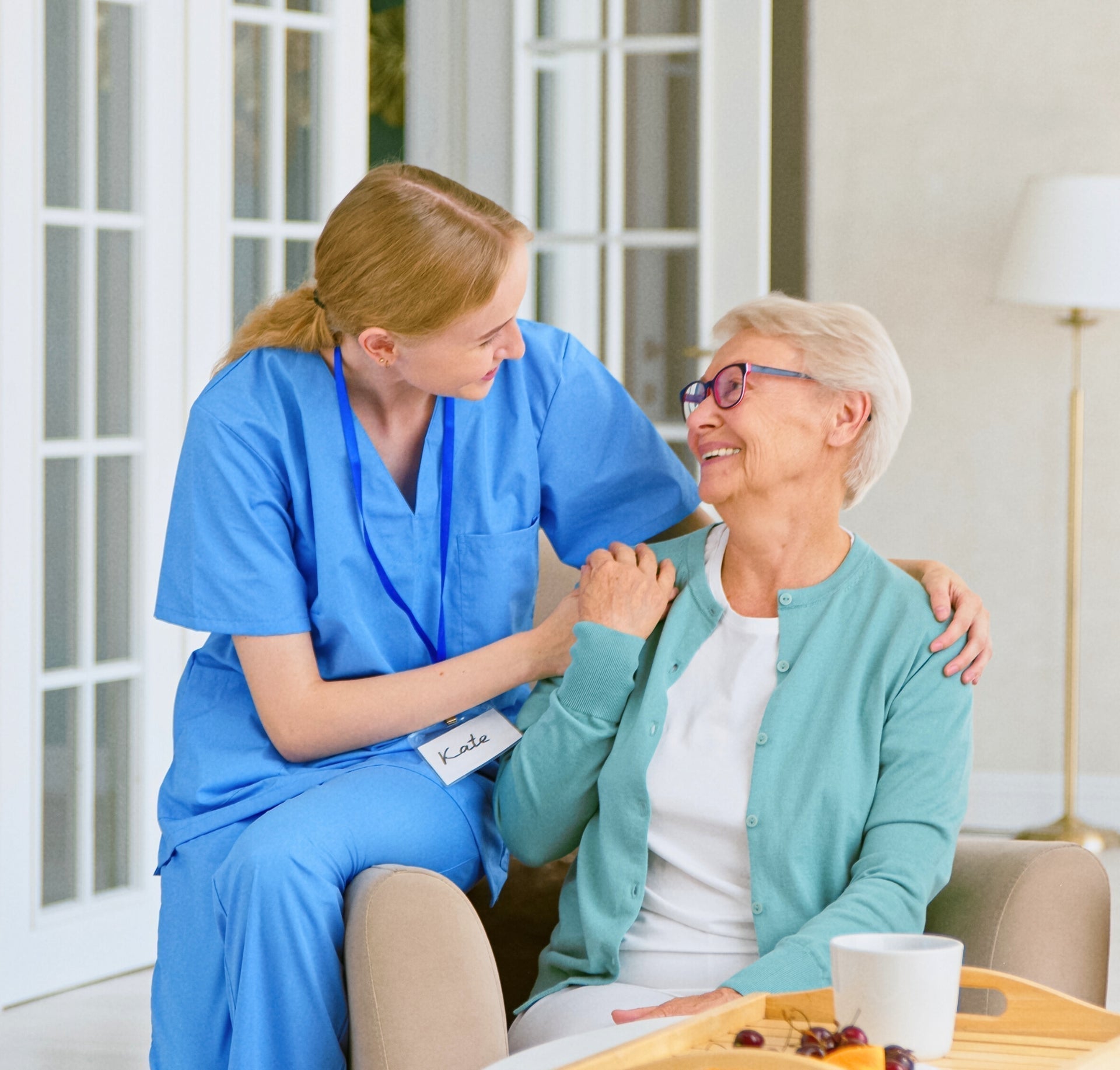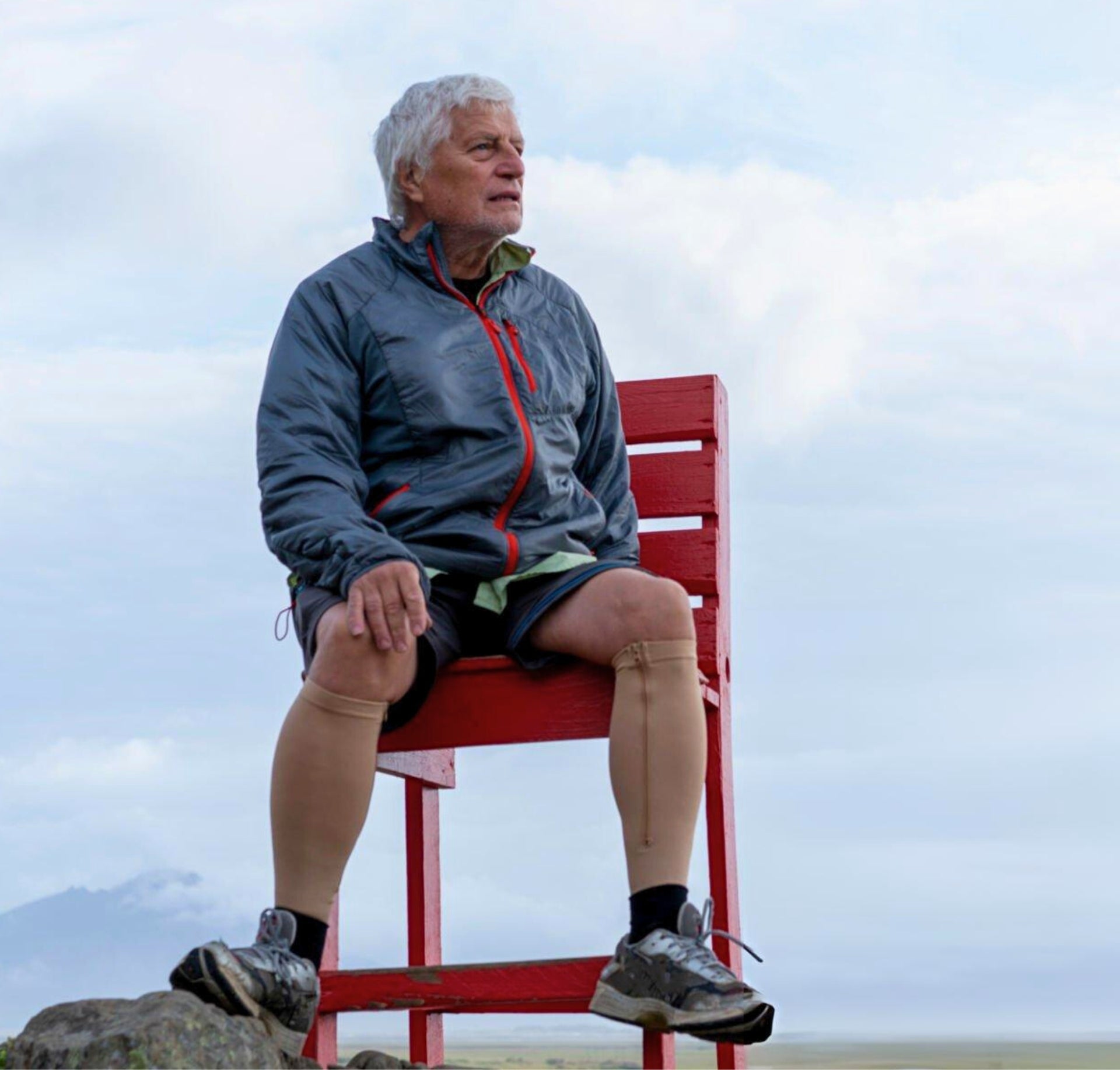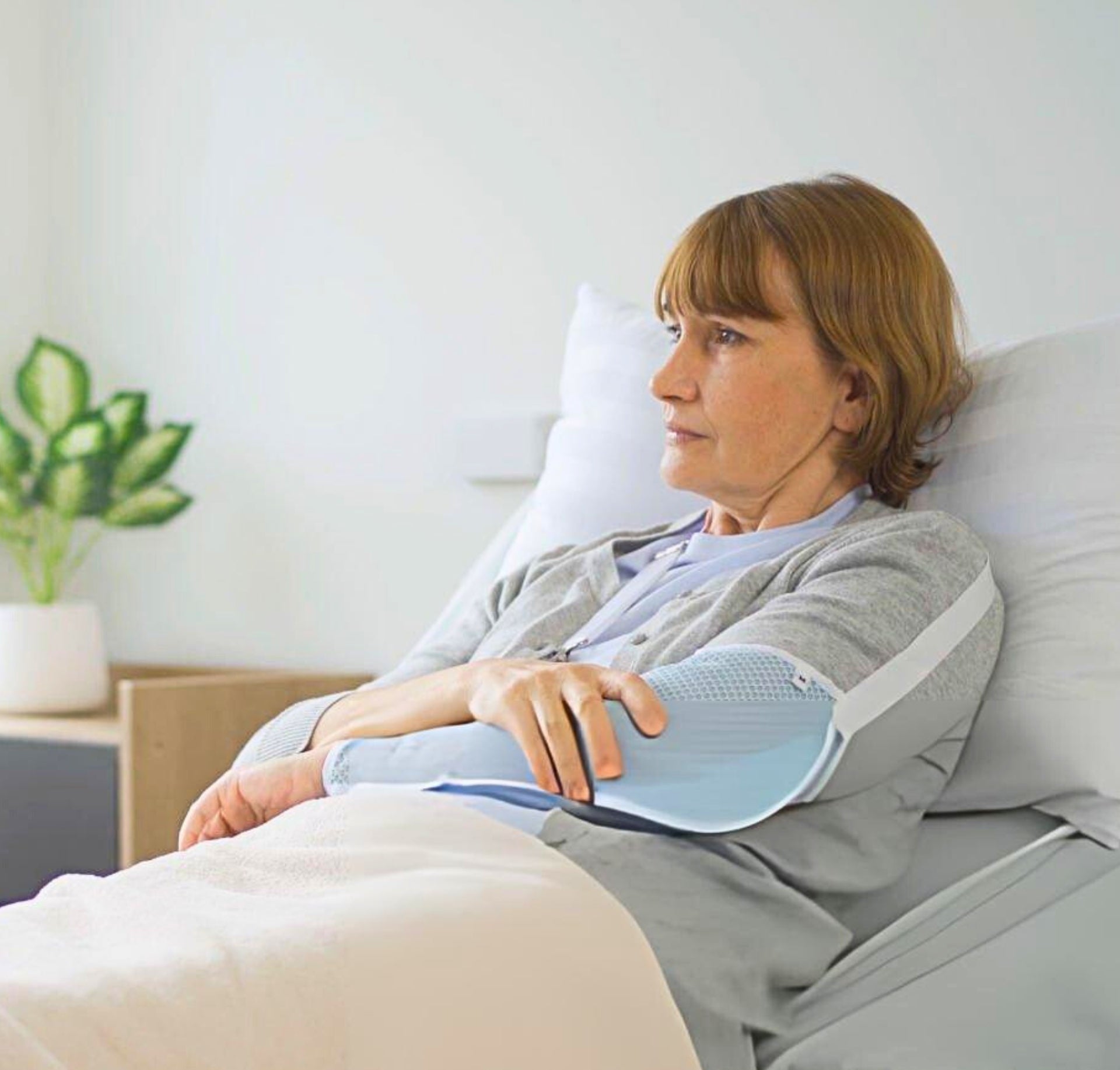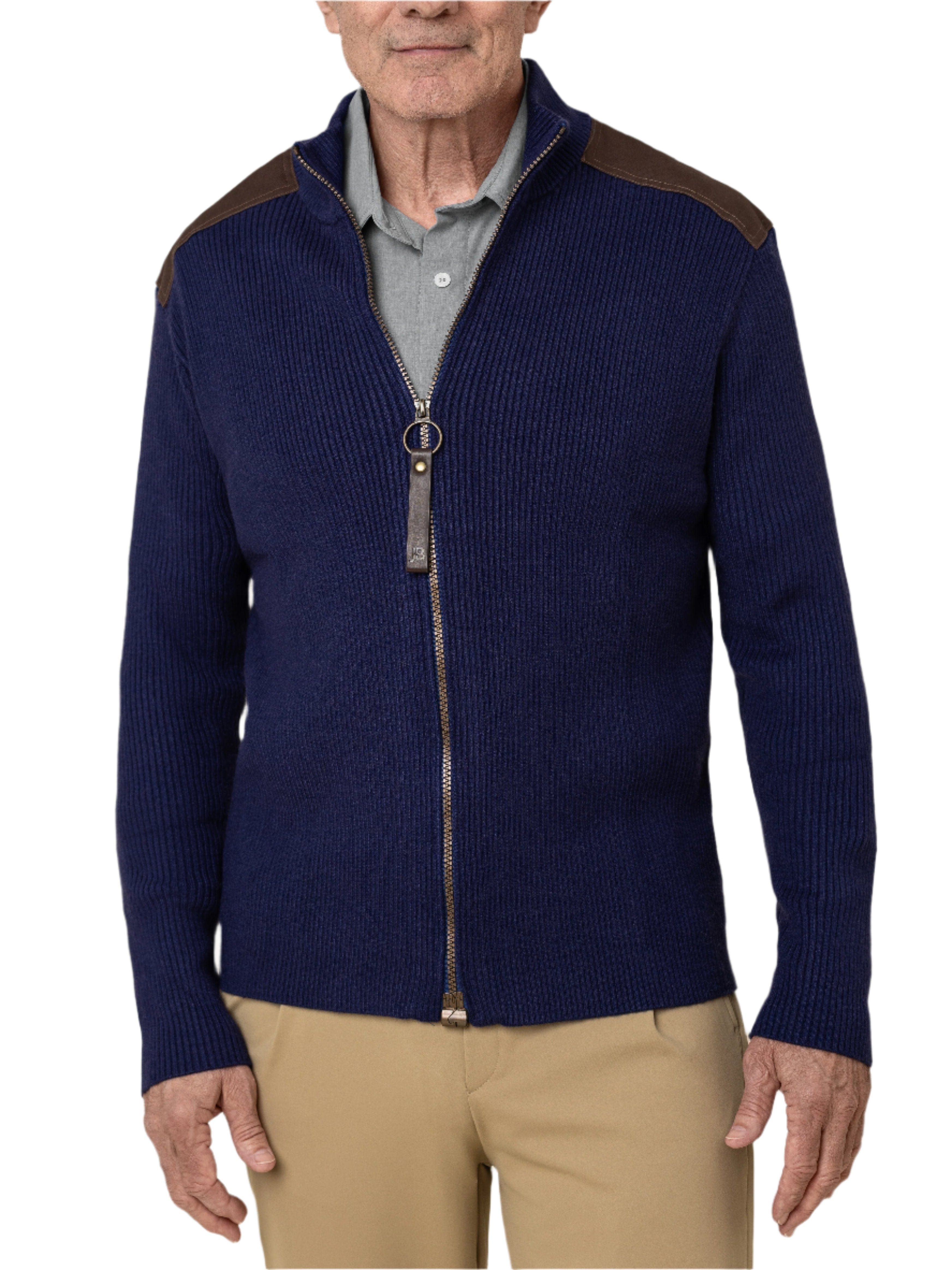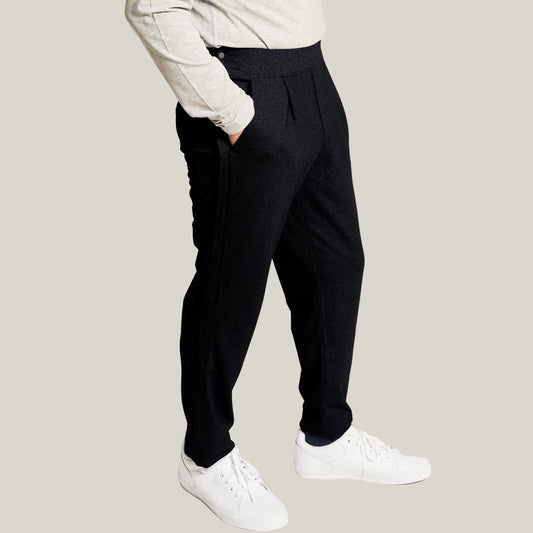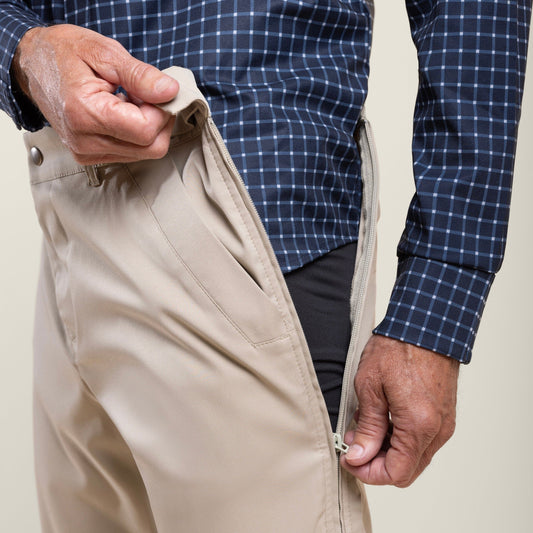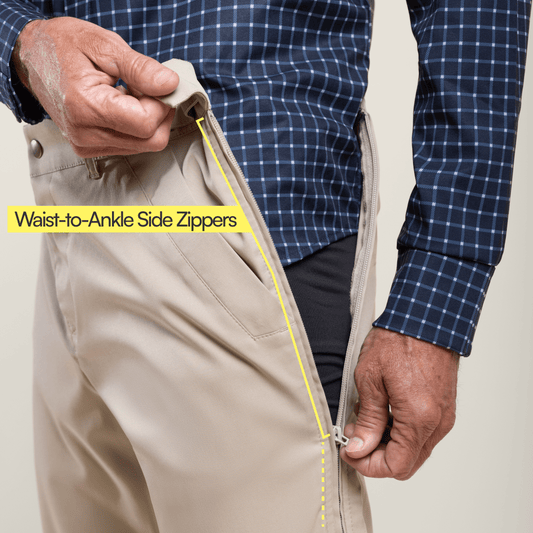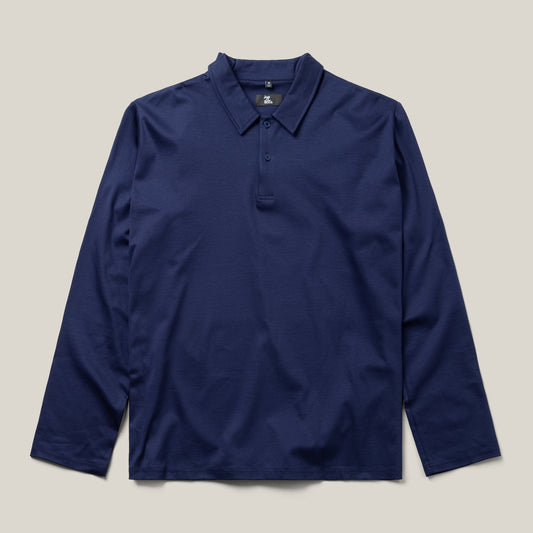Carol Marak is a Solo Aging Advisor and Advocate, and soon-to-be-published author of the book Solo and Smart. Carol is a former family caregiver; she has spent the last decade providing help and advice to countless aging adults planning for their future. Carol’s work has appeared in Time Magazine, ABC News, New York Times, USA Today, Washington Post, US News and AARP the Magazine.
The first part of this interview can be found here. This interview has been edited for length and clarity.

Ben: How should those aging alone think about senior housing options?
Carol: There are so many factors to consider, including whether you can and want to continue living at home or perhaps move to a retirement community, where there are other people like you. And of course, if you need more care, that helps to drive your decision.
Ben: How are those sort of factors weighed differently for adults who are aging single compared to those who aren't?
Carol: Unfortunately, more often than not, it comes down to money. If someone who is single can afford to live in a retirement community, that can be a great ways to keep learning and connecting and staying fit and healthy. I think it’s a great choice for many people. On the other hand, for many older people, the thought of living in a community of older adults can make your world smaller. Isn’t it healthier to live among and interact with people of all ages? Clearly, many older adults don’t want that. For some, perhaps they haven't challenged themselves to make connections in their current neighborhood. We need to keep challenging ourselves, and that includes being social and meeting new people. I know adults in their 30s who joke about how hard it is to make new friends. So I get that it’s a challenge for adults in their 70s. But it’s an important challenge to undertake.
I often help people, and teach them how to smartly age. And there are a lot of questions I’ll ask. Where are you right now? What are your biggest challenges while living there? What are your fears? And we’ll start looking for ways to shift that mindset, to make it easier for them to continue to live right where they are -- even if they might live in the suburbs and may not know their neighbors well. But why don't you know your neighbors? How can you get out of your house and start making connections and building a little support group for yourself? I'm not saying you need 15 people. You only need one or two who can check in on each other with whom to build a sense of a family-like environment. And if you can’t invite that person over to have dinner with you right now because of the pandemic, you certainly can go outside and take a walk together. But we have to just step out of our own mental limitations. We put ourselves in boxes, which can slow us down.
Ben: What’s some advice you give to adults who are undertaking solo aging?
Carol: Make sure you stay social. Make sure you can stay connected. Figure out transportation. Can you drive? If you can't, how else are you getting around? I don't like to drive, but I have easy access to Uber and Lyft. I can walk to the grocery store. How am I going to go shopping if I can't drive one day? Do I have someone checking in on me? Fortunately, we live at a time where technology helps us safely age solo. For example, I also use an app that keeps me check in with people so they know I’m safe. I even use the free version and it's a simple check. It sends me a little message: “Are you okay this morning?” And I click “yes” and move on with my day.
Ben: What happens if you don't click it?
Carol: The app contacts my sister. It'll send her a text, letting her know that the app hasn’t heard from me yet today.
Ben: Tech tools that help with communication are game changers. We have a couple of wonderful products at Joe & Bella, like GrandPad, which is essentially a touchscreen, more robust version of Alexa. We used it with my grandmother, who couldn’t answer the phone, let alone make a call on her own. We had it positioned next to her bed so we could call her and see her.
Carol: That sounds like a great solution. Other tech products can alert if someone falls out of bed or wanders out of their home. Others help with medication reminders. There are many new products to make staying in the home safer and easier.
Ben: Where can we find more advice from you?
Carol: I have a website called CarolMarak.com People can also go to my Facebook page, Elder Orphans. And, I also have a Solo and Smart YouTube channel.
Ben: That's great, and we'll keep an eye for your book, Solo and Smart, coming out next month.






